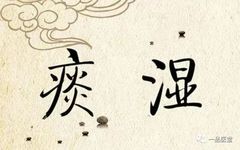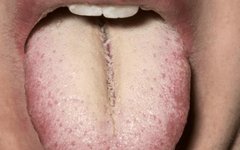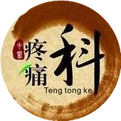Traditional Chinese Medicine Treatment of Phlegm-Damp Syndrome
Traditional Chinese Medicine Treatment of Phlegm-Damp Syndrome Phlegm-Damp Syndrome refers to the condition caused by spleen deficiency leading to improper transportation of fluids, resulting in the accumulation of dampness and phlegm. Over time, this leads to phlegm obstructing the lungs, characterized by symptoms such as cough with abundant white phlegm, chest fullness, and discomfort. Clinically, … Read more










